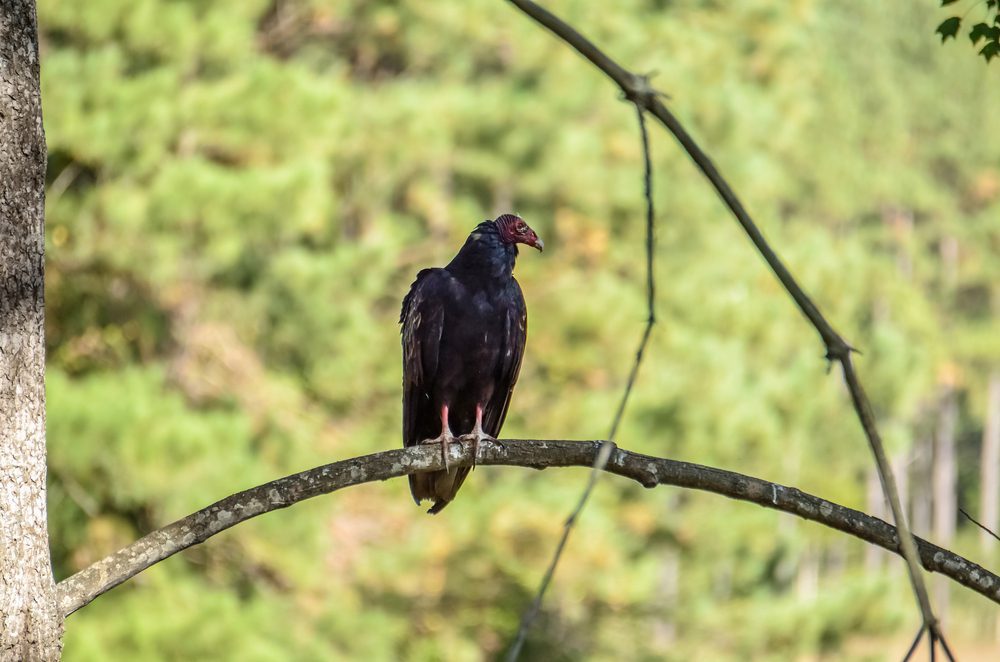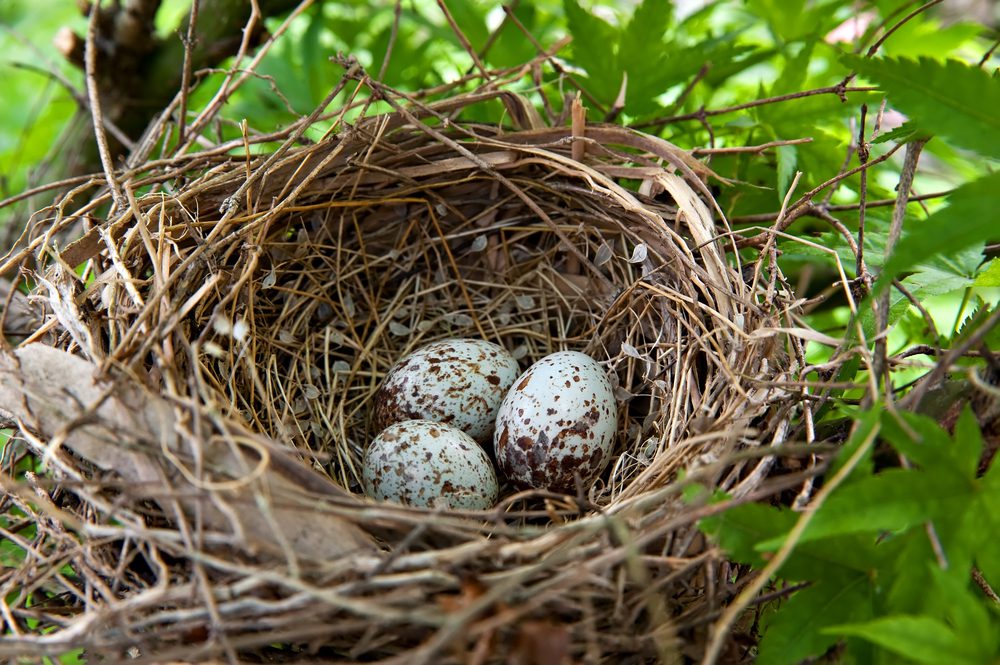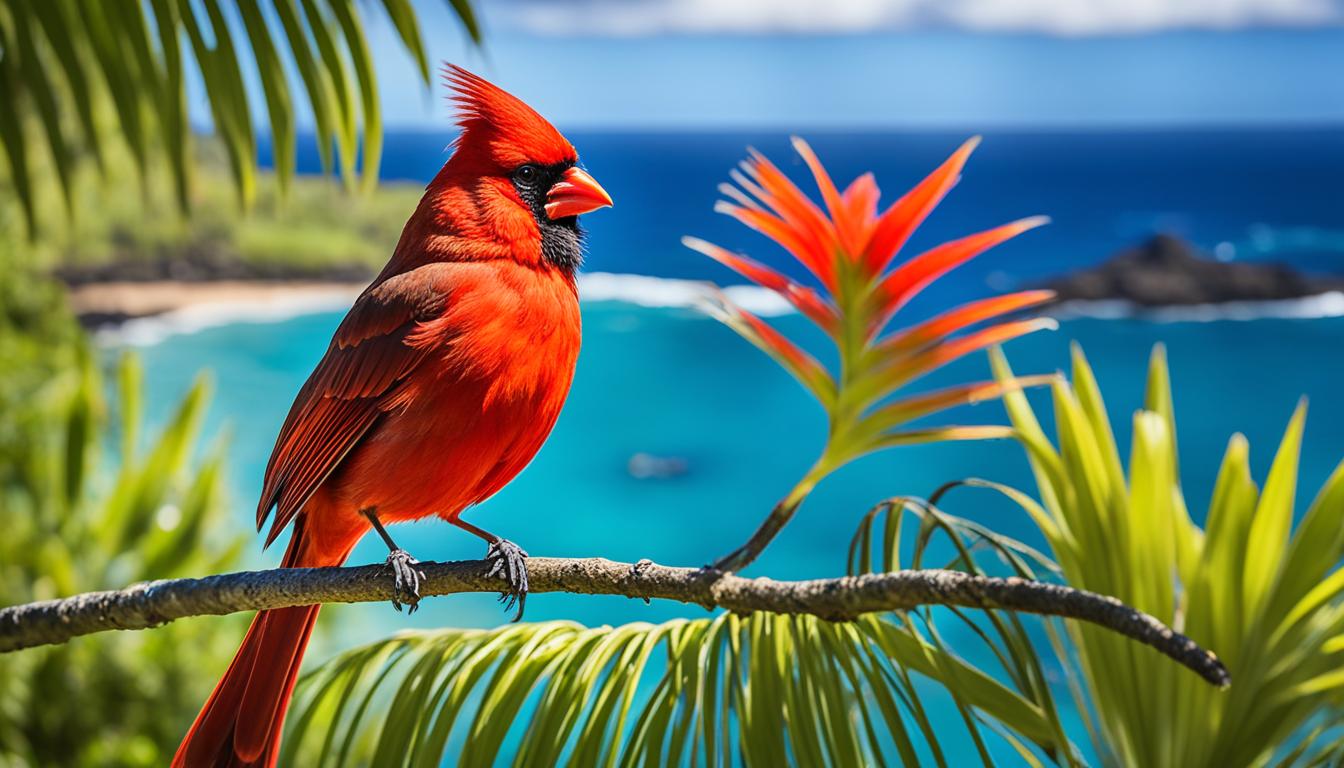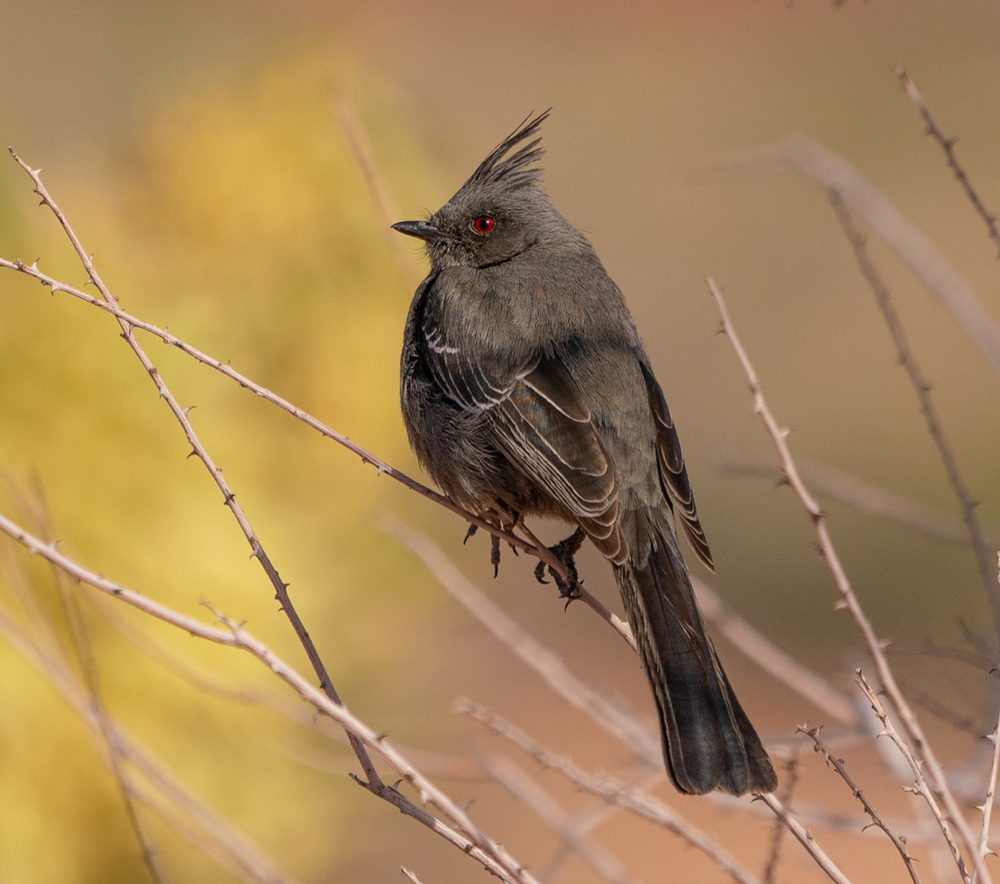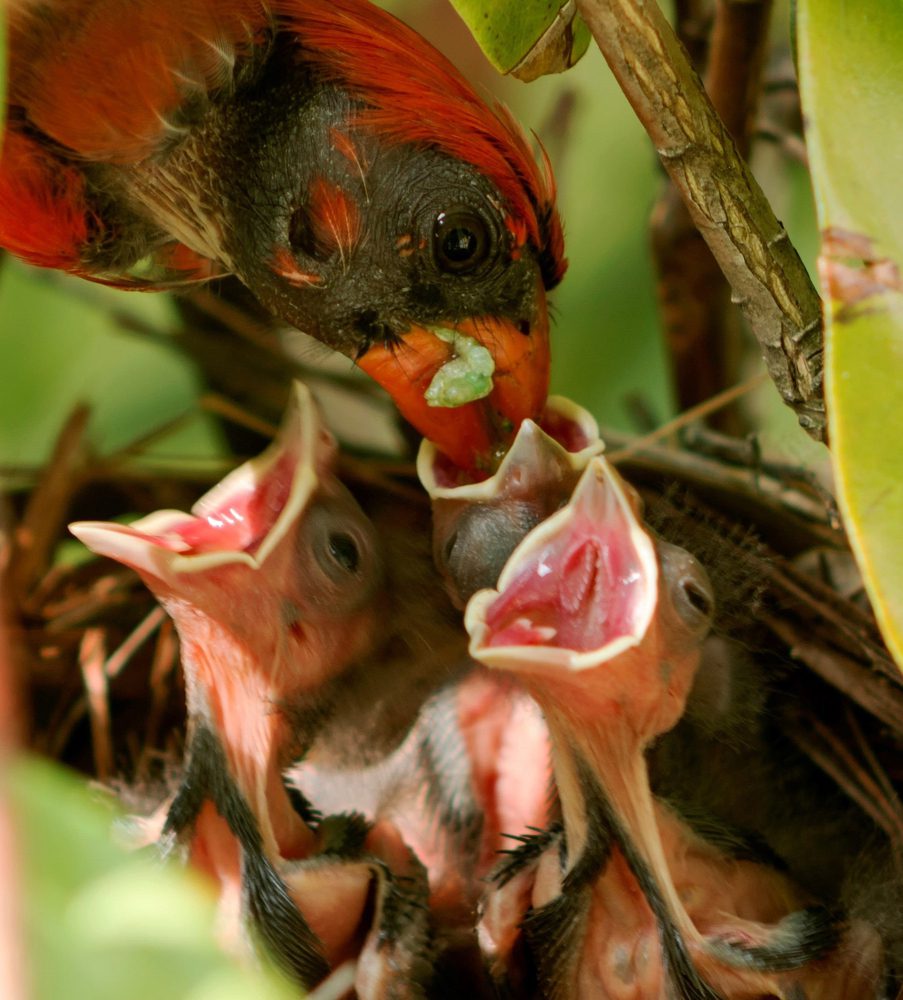Turkey Vulture Virginia – Did you know that Turkey Vultures can detect carrion from up to 8 miles away? These magnificent birds play a crucial role in maintaining the balance of the ecosystem, consuming rotting meat and preventing the spread of diseases. In Virginia, the Turkey Vulture is one of two vulture species found, known for its distinctive bald red head and pinkish bill.
Table of Contents
Virginia is home to a diverse range of habitats that support Turkey Vultures, from forests and grasslands to urban areas. These adaptable birds can be spotted soaring through the skies across the state, wobbling and gliding at low altitudes as they search for their next meal.
Key Takeaways:
- Turkey Vultures have an exceptional sense of smell and can detect carrion from up to 8 miles away.
- These birds play a vital role in the ecosystem as scavengers, helping to eliminate rotting meat and prevent the spread of diseases.
- The Turkey Vulture is one of two vulture species found in Virginia, easily recognizable by its bald red head and pinkish bill.
- Turkey Vultures can be found in various habitats throughout Virginia, including forests, grasslands, and even urban areas.
- Understanding the importance of Turkey Vultures and their habitats can contribute to their conservation and coexistence with humans.
Identification and Characteristics of the Turkey Vulture Virginia

The Turkey Vulture, also known as the Turkey Buzzard, is a fascinating bird with unique features and behaviors. Let’s dive into some interesting facts about these remarkable creatures.
Physical Appearance
The Turkey Vulture has an all-black body, a bald red head, and a pinkish bill. Their distinctive appearance makes them easily identifiable in the sky. With a wingspan ranging from 63 to 72 inches and weighing between 2 to 5 pounds, these vultures are impressive in size.
Feeding Behavior
One of the most fascinating aspects of Turkey Vulture behavior is their unique feeding habits. These birds wobble in the sky while searching for food and glide at low altitudes as they rely on their keen sense of smell. By using their olfactory abilities, they can detect carrion from a distance, even up to 8 miles away.
Adaptations for Survival
Turkey Vultures have developed specific adaptations that aid in their survival. Their featherless heads and necks serve a purpose beyond their distinctive appearance. As scavengers that feed on decaying meat, these bare areas help prevent the accumulation of bacteria and make cleaning easier.
Another remarkable adaptation is the powerful stomach acid these vultures possess. This acid allows them to consume carrion without getting sick, as it effectively neutralizes harmful pathogens present in decaying flesh.
A Vital Role in the Ecosystem
Turkey Vultures play a crucial role in maintaining a healthy ecosystem. As scavengers, they help prevent the spread of diseases by disposing of carcasses and eliminating rotting meat. By consuming carrion, they contribute to the recycling of nutrients and assist in maintaining the balance of the natural environment.
In the next section, we will explore the range, habitat, and diet of the Turkey Vulture, shedding light on their fascinating lifestyle and ecological significance.
Range, Habitat, and Diet of the Turkey Vulture
Turkey Vultures are pretty amazing birds with a superhero-like ability to spot their next meal from miles away! They’re not picky about where they live and can be found all over Virginia—whether it’s in the woods, grassy plains, deserts, or even around our cities. You’ve probably seen them hanging out near roads, feasting on unlucky animals that didn’t make it across.
What’s really cool about these birds is that they’re nature’s cleanup crew. They have a superpower-like sense of smell that can sniff out dead animals from up to 8 miles away. Imagine being able to smell your favorite pizza from that far! By chowing down on these carcasses, Turkey Vultures do us a huge favor. They keep diseases from spreading by cleaning up the dead stuff before it can become a problem, helping keep nature in balance. It’s like they’re the guardians of the ecosystem, making sure everything stays healthy and clean.
Turkey Vulture Habitat
The Turkey Vulture is adaptable to various habitats in Virginia. Here are some of the common habitats where you can find them:
| Habitat | Description |
|---|---|
| Forests | Turkey Vultures can be found in both deciduous and coniferous forests, where they use treetops as perching spots and nesting sites. |
| Grasslands | Open grasslands provide ideal hunting grounds for Turkey Vultures, as they can easily spot carrion from above. |
| Deserts | Even in arid regions, Turkey Vultures survive by finding water sources and pursuing carrion in desert environments. |
| Urban Areas | Turkey Vultures can adapt to urban environments, where they often scavenge for food in garbage dumps and landfills. |
Turkey Vulture Diet
The primary diet of Turkey Vultures is carrion, which includes dead animals such as mammals, birds, reptiles, and amphibians. They have a unique digestive system that allows them to consume carrion without getting sick.
Here are some key points about the Turkey Vulture diet:
- Turkey Vultures rely on their sense of smell to locate carrion, which they can detect from up to 8 miles away.
- They are highly efficient scavengers, feeding on carcasses that have reached various stages of decomposition.
- Turkey Vultures play a vital ecological role by removing rotting meat, which helps prevent the spread of diseases.
- They are known to form feeding groups, with larger numbers of Turkey Vultures gathering around abundant food sources.
Conclusion

Imagine you’re walking through the lush forests and rolling hills of Virginia, and you spot a Turkey Vulture soaring high above. These majestic birds are more than just a part of the landscape, they’re crucial to keeping our environment healthy. But, guess what? They’re in trouble, facing threats like losing their homes, accidental poisonings, and dangerous run-ins with cars and buildings. This has got a lot of people worried about their future.
To turn things around for the Turkey Vultures, there’s a bunch of cool projects underway. Scientists are out there, keeping an eye on these birds, learning about where they live and how they do their thing. There are also efforts to protect the places they call home, making sure they have safe spaces to live, eat, and raise their families.
Here’s a fun fact: Turkey Vultures are like nature’s very own clean-up crew. They eat up dead stuff, which helps keep diseases from spreading. Pretty cool, right? By getting to know how important they are, we can all help make sure they stick around, sharing our skies in harmony.
And it’s not just about keeping them safe, it’s about making sure they can keep having babies and growing their families. Scientists are diving into their love lives to figure out how to help them thrive.
Saving Turkey Vultures is a team sport. It takes scientists, nature lovers, lawmakers, and people just like you and me to make a difference. By joining forces, we can help these awesome birds continue to grace our skies and play their vital role in nature. So, let’s give Turkey Vultures the love and protection they need to soar into the future.
FAQ
What is the difference between a Turkey Vulture and a Black Vulture?
Turkey Vultures have an all-black body, a bald red head, and a pinkish bill, whereas Black Vultures have a black body, a bald black head, and silver feathers on the underside of their wings.
Where can Turkey Vultures be found in Virginia?
Turkey Vultures can be found throughout Virginia in various habitats, including forests, grasslands, deserts, and even urban areas. They are particularly common along roadsides.
What do Turkey Vultures eat?
Turkey Vultures primarily feed on carrion, using their highly developed sense of smell to locate dead animals. They can detect carrion from up to 8 miles away.
What is the conservation status of Turkey Vultures in Virginia?
Turkey Vultures in Virginia face threats such as habitat loss, poisoning, and collisions with vehicles and infrastructure. Conservation efforts, including research, monitoring, and habitat protection, are in place to ensure their survival.
Why are Turkey Vultures important for the ecosystem?
Turkey Vultures play a crucial role in the ecosystem as scavengers. By consuming carrion, they help prevent the spread of diseases and maintain the balance of the ecosystem.

